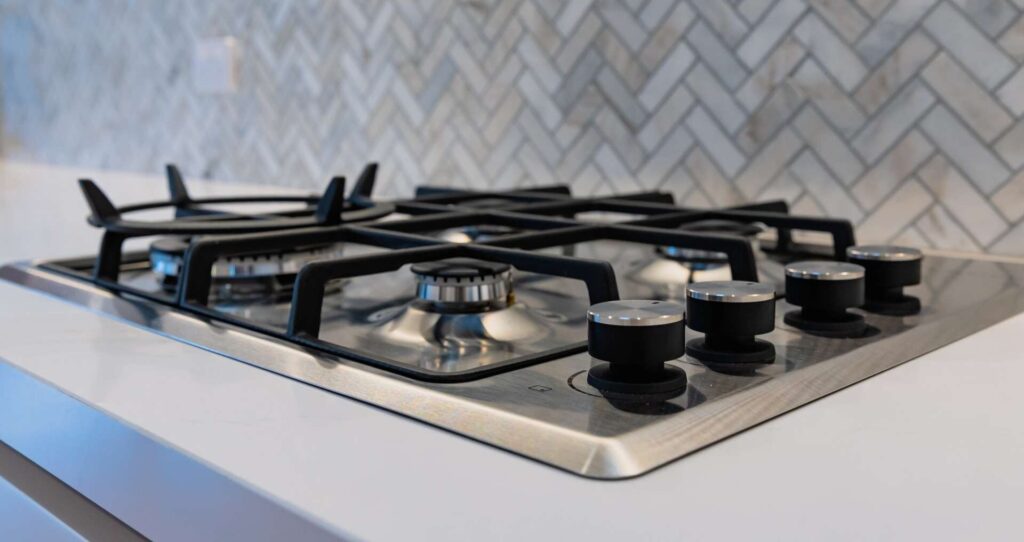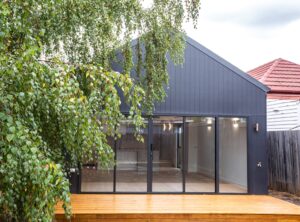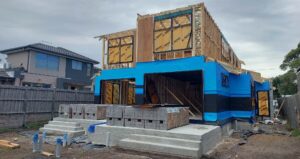Navigating the Transition: The Impact and Implications of Victoria’s Gas Ban
Victoria’s Bold Move: Banning Gas in New Homes from 2024 – A Comprehensive Analysis
Introduction
In a groundbreaking move, the Victorian government has announced that all new homes will be banned from connecting to gas networks from January 1, 2024. This decision is part of the state’s ambitious plan to achieve its emissions targets and transition towards a more sustainable future. However, this decision has sparked a series of debates and concerns among various stakeholders.
The New Rule
From 2024, planning permits for new homes and residential subdivisions, including public and social housing, will only connect to all-electric networks. This rule also applies to all new public buildings, such as schools, hospitals, police stations, and government-owned buildings, that are yet to reach a design stage. However, it’s important to note that these new rules only apply to housing and government-owned buildings, not commercial developments.
The Benefits
The shift towards all-electric homes is expected to bring both environmental and financial benefits. Victoria has the highest use of residential gas in Australia, with around 80% of homes using gas. The gas sector contributes to 17% of the state’s emissions. By moving away from gas, Victoria aims to meet its emission reduction targets of 75 to 80% by 2035 and achieve net zero by 2045.
In addition to the environmental benefits, the move is also expected to bring financial savings for homeowners. Energy and Resources Minister Lily D’Ambrosio stated that building an all-electric home would cost less than having a gas connection. She added that using electricity would also make heating a home and cooking more affordable for Victorians.
The Concerns
While the move towards all-electric homes is expected to bring environmental and financial benefits, there are several counterarguments to consider:
- Higher Appliance Costs: Electric appliances tend to be more expensive to purchase than gas appliances. For example, electric ovens in Australia generally cost between $700-$1,500 brand new, and gas ovens cost around $900-$2,000. Therefore, homeowners may need to spend more money upfront to save money in the long run.
- Rising Energy Prices: There have been concerns about rising energy prices in Victoria. The Essential Services Commission (ESC) has released its default offer, with an even larger 30 per cent increase in household electricity prices and 31 per cent for small businesses. The ESC said a typical household bill would rise from $1,403 to $1,829 per year, while small businesses could expect an increase from $5,620 to about $7,358.
- Efficiency of Gas Appliances: Some argue that gas appliances are more efficient than their electric counterparts. For instance, gas heaters are generally able to heat up small-to-medium sized rooms quicker and more efficiently than electric heaters. Similarly, gas cooktops are generally thought of as a better option for cooking as they heat up quicker than electric types.
- Impact on Jobs: The ban on new gas connections could lead to loss of sales and less work installing gas appliances for plumbers.
- Reliability of Electric Grid: With the increased demand for electricity due to the shift towards all-electric homes, there could be concerns about the reliability of the electric grid, especially during peak usage times.
In conclusion, while the transition towards all-electric homes is a step towards sustainability and potentially lower running costs, it’s important to consider these counterarguments and address them effectively to ensure a smooth transition.
Conclusion
Victoria’s decision to ban gas in new homes from 2024 marks a significant step towards a more sustainable future. It serves as an example for other regions around the world and highlights the importance of transitioning towards cleaner energy sources. However, it’s crucial that we address the concerns raised by various stakeholders and ensure a smooth transition.











